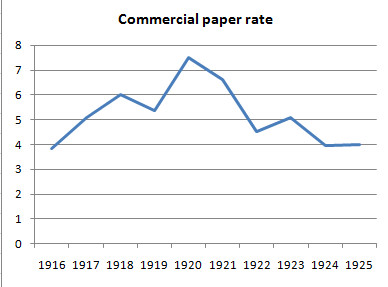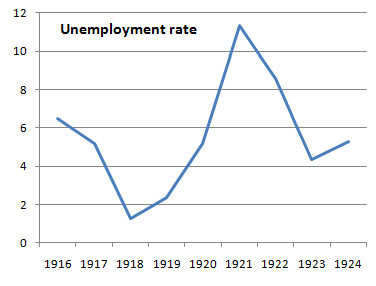- Thread starter
- #281
NO they weren't. Democrats brought us out of the great depression created by republican fools! The emerging middle class accumulated wealth that endured and provided a tax base wherever they clustered together in places called... you guessed it.... cities.The richest cities in America are also run by Democrats.
They were all rich before Democrats took over. Give them some time...
And so we travel on down the road of "Great Lies That Liberal Dunces Continue to Believe."



